Product Consultation
Your email address will not be published. Required fields are marked *
Basic Overview of Nylon Monofilament Yarn
Nylon monofilament yarn is a single fiber filament product made of polyamide material, usually with a large diameter. A single fiber can be used directly or through weaving, winding and other processing to form various products. This type of yarn has a large number of amide bonds in its molecular structure, which gives the material higher toughness and wear resistance, and is widely used in textile, industrial and special use fields. Compared with traditional multi-strand yarn, nylon monofilament yarn has a tighter structure, smoother surface, better tensile properties and wear resistance, so it is widely used in occasions requiring stronger physical properties.
Strength characteristics of nylon monofilament yarn
The strength of nylon monofilament yarn mainly comes from the arrangement and crystallinity of its polymer chains. The molecular chains form a strong structural network through hydrogen bond interaction, so that they can withstand greater tension when subjected to force. The breaking strength of nylon fiber is usually higher than that of general natural fibers and some synthetic fibers, making it more stable under load-bearing and stretching conditions. In practical applications, this yarn is often used to make fishing nets, industrial filter cloths, safety protection fabrics and other products that require greater tensile properties. According to different specifications, the tensile strength of nylon monofilament yarn varies greatly, but the overall performance is strong load-bearing capacity, which can maintain a stable use state for a long time.
Wear resistance
Nylon monofilament yarn has a more outstanding performance in wear resistance. Its polymer chain is flexible and elastic. During the friction process, it can disperse stress through surface micro-deformation to reduce the risk of yarn breakage or wear. This characteristic makes nylon monofilament yarn suitable for high-friction environments, such as sports shoes, brushes, conveyor belts, and some industrial filters. Under long-term friction, it is difficult for its fiber surface to show obvious wear, which prolongs the service life of the product. The quality of wear resistance is closely related to factors such as yarn diameter, surface treatment, and application environment. Therefore, it is necessary to select it in combination with specific working conditions when designing and using it.
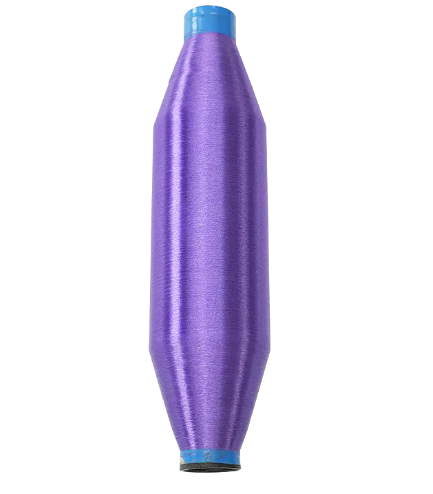
The combined effect of strength and wear resistance in application
The strength and wear resistance of nylon monofilament yarn are often complementary in practical applications. For example, in fisheries, fishing nets need both sufficient tensile strength to withstand the impact of fish schools and good wear resistance to resist the friction of impurities in the water. In the production of industrial filter cloth and brushes, the high strength of nylon monofilament yarn can ensure shape stability, while the wear resistance enables it to maintain its function during long-term work. This combination of dual properties makes nylon monofilament yarn widely used in products that require stable physical properties.
Factors affecting strength and wear resistance
The strength and wear resistance of nylon monofilament yarn are affected by many factors, including the degree of polymerization of the raw materials, fiber diameter, production process and post-treatment methods. Nylon fibers with higher polymerization degrees have longer molecular chains and stronger hydrogen bonds, which improves the overall strength of the yarn. The larger the fiber diameter, the better the load-bearing capacity and wear resistance are generally, but the flexibility may decrease. Production processes such as stretching and setting, surface smoothing, etc. will also change the friction properties and service life of the yarn. In addition, environmental factors such as humidity, temperature and chemical media will also affect the performance of nylon monofilament yarn.
Comparison of nylon monofilament yarn with other materials in performance
In terms of strength and wear resistance, nylon monofilament yarn is significantly different from other common fiber materials such as polyester and polypropylene. Nylon fiber usually has higher tensile strength than polypropylene and better wear resistance than polyester, so it has more advantages in situations where both toughness and durability are required. The following table lists the comparison of nylon monofilament yarn and several other materials in terms of relevant properties.
| Material Type | Tensile Strength (MPa) | Wear Resistance | Main Application Areas |
|---|---|---|---|
| Nylon Monofilament | 600–900 | Good | Fishing nets, industrial filters, brushes |
| Polyester Monofilament | 500–700 | Average | Textiles, clothing, ropes |
| Polypropylene Monofilament | 400–600 | Average | Packaging materials, ropes |
Applicable scenarios of nylon monofilament yarn of different specifications
Nylon monofilament yarn of different diameters and strength grades is suitable for different application scenarios. Finer monofilament yarn is mostly used for weaving products with high precision, such as high-precision filter screens or medical devices, while thicker monofilament yarn is often used for products with larger load-bearing capacity requirements, such as safety nets, industrial ropes, etc. By reasonably selecting specifications, the performance advantages of nylon monofilament yarn can be fully utilized to improve the performance of products in terms of strength and wear resistance.
Conclusion and Prospects
Nylon monofilament yarn has good performance in strength and wear resistance. Thanks to its unique molecular structure and processing technology, it can maintain stable physical properties in a variety of complex environments. This material is not only widely used in traditional textile and industrial fields, but also shows high practical value in emerging fields such as medical and sports goods. With the improvement of production technology, the performance of nylon monofilament yarn is expected to be further optimized, providing suitable solutions for more industries.
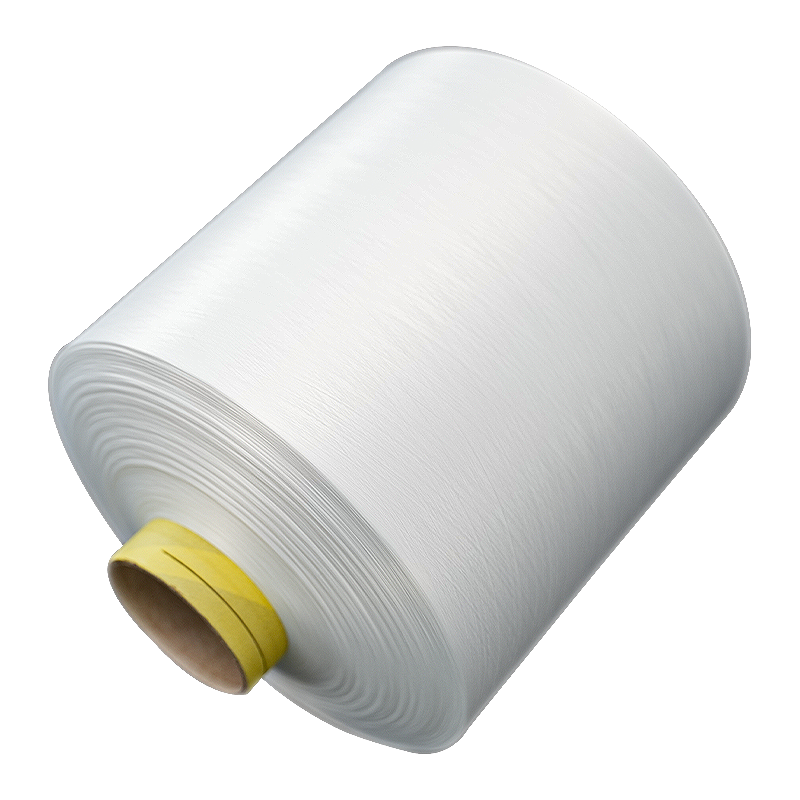
What is the difference between nylon elastic yarn and ordinary nylon yarn?
2025-07-16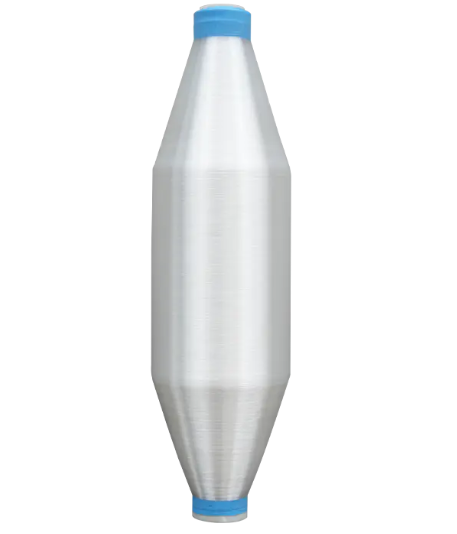
In which industries and products is nylon monofilament yarn mainly used?
2025-08-03Your email address will not be published. Required fields are marked *
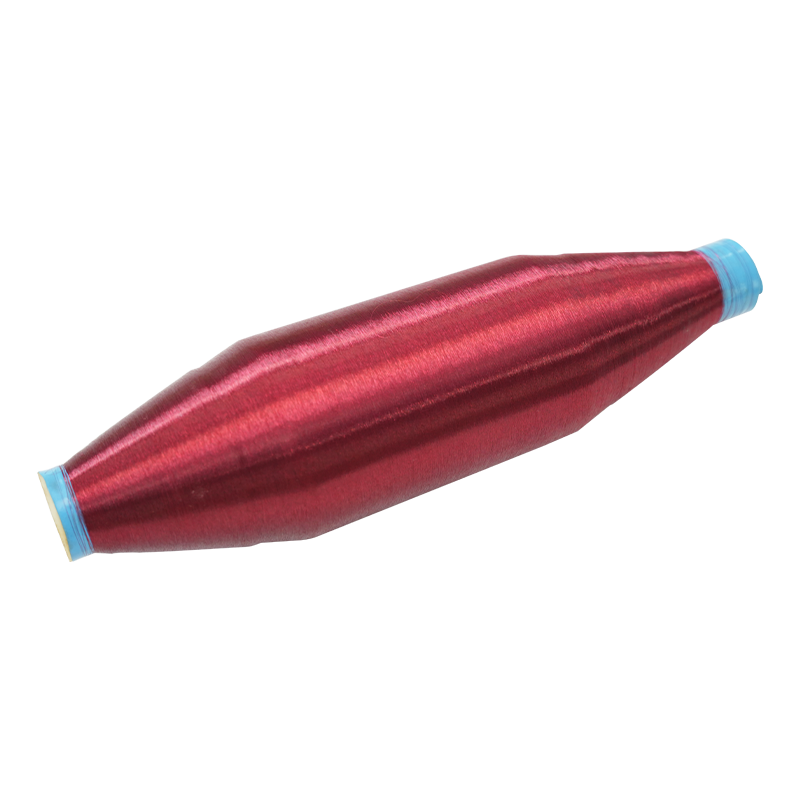
Antiviral nylon Monofilament Yarn can inhibit the survival of viruses on the surface of the yarn, which can effectively reduce the risk of virus transmission and improve user safety. The yarn has a mo...
See Details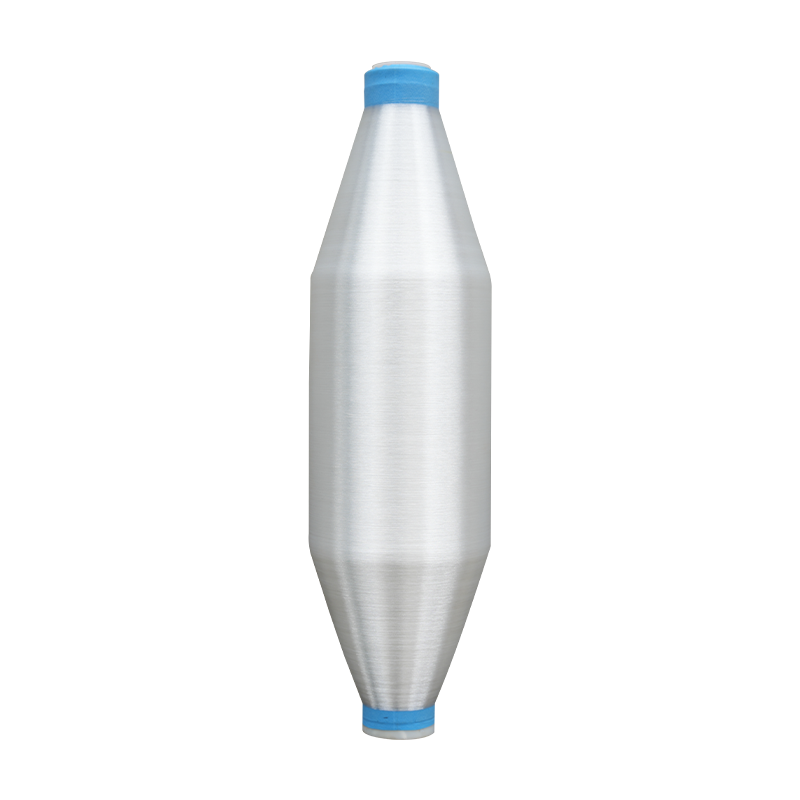
60D woven Antiviral Yarn is thin overall and suitable for making light and soft textiles. Nylon fiber has a soft feel and good breathability. This yarn is usually used to weave fabrics and can be made...
See Details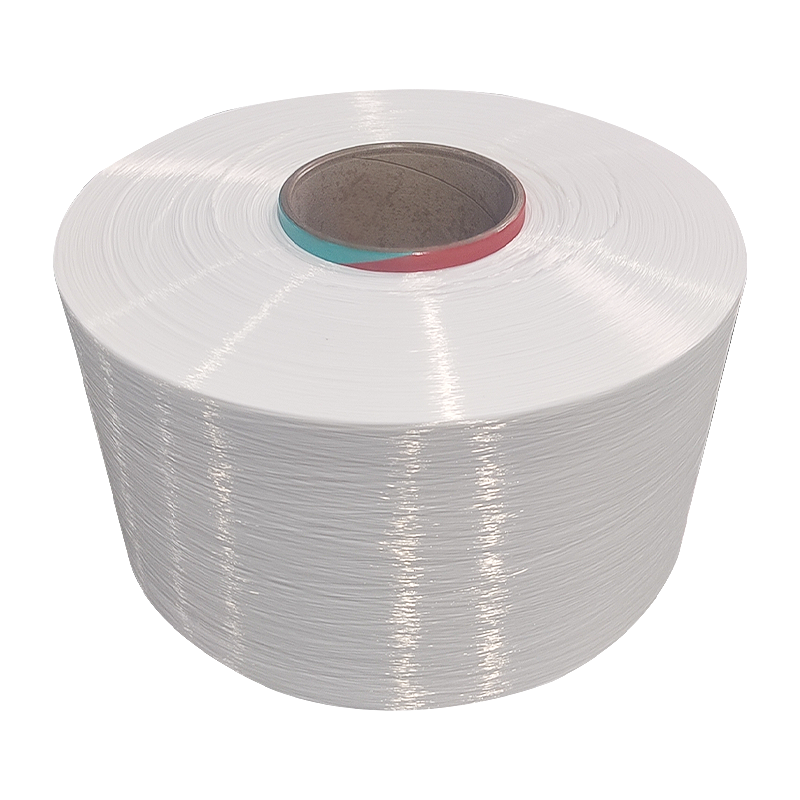
Colored Nylon Mother Yarn can be processed through spinning, drawing, dyeing and other processes to meet the needs of different textiles. It has good processing adaptability and can be made into vario...
See Details
The diameter of Durable woven nylon mother yarn is 240D, the fiber thickness is medium, and it is suitable for the manufacture of a variety of textiles. This product has good tensile strength and will...
See Details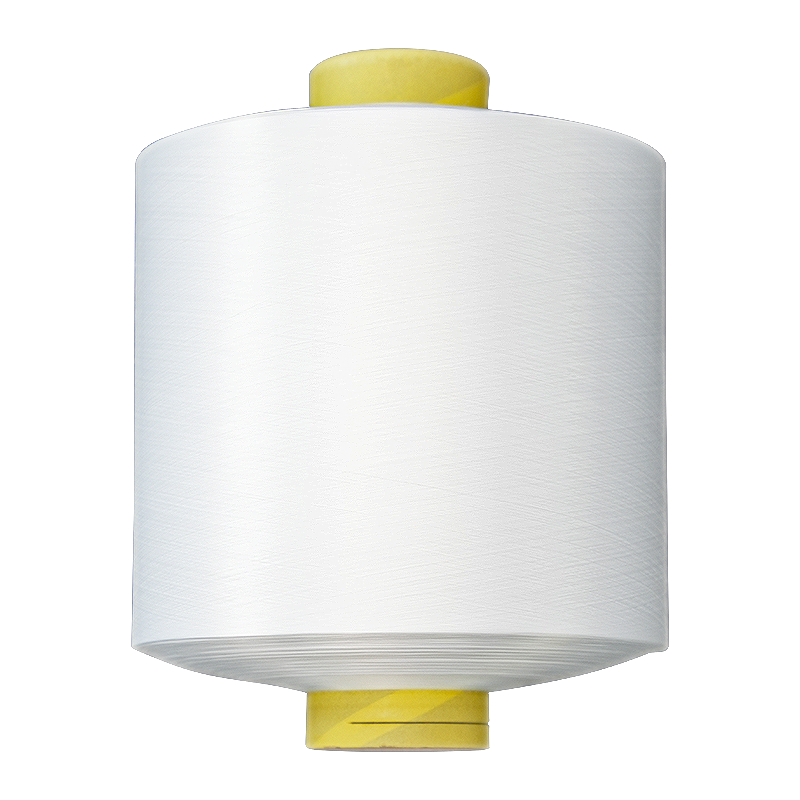
Nylon stretch sportswear yarn is a yarn used to make sportswear and other clothing that require high breathability. Nylon fiber has good breathability, which helps to wick away perspiration and keep t...
See Details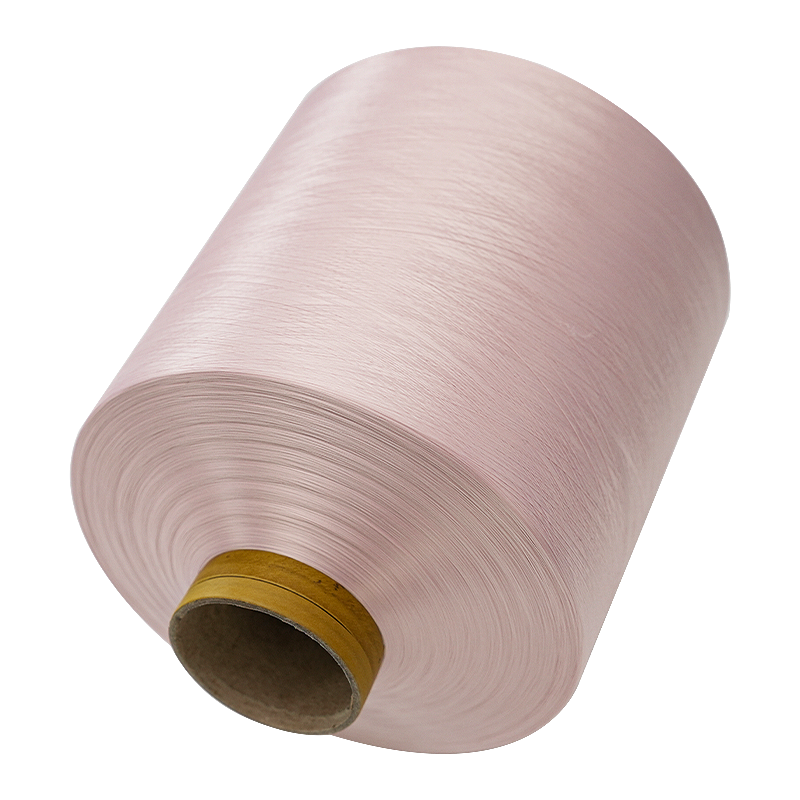
Double-strand nylon elastic yarn is a composite yarn composed of two strands of yarn. It has high strength, maintains stable performance even in a stretched state, and is not easy to break or deform. ...
See Details
Nylon elastic yarn for textile use has a wide range of applications. Nylon elastic yarn is suitable for the manufacture of various textiles, such as underwear, socks, sportswear, swimwear, elastic fab...
See Details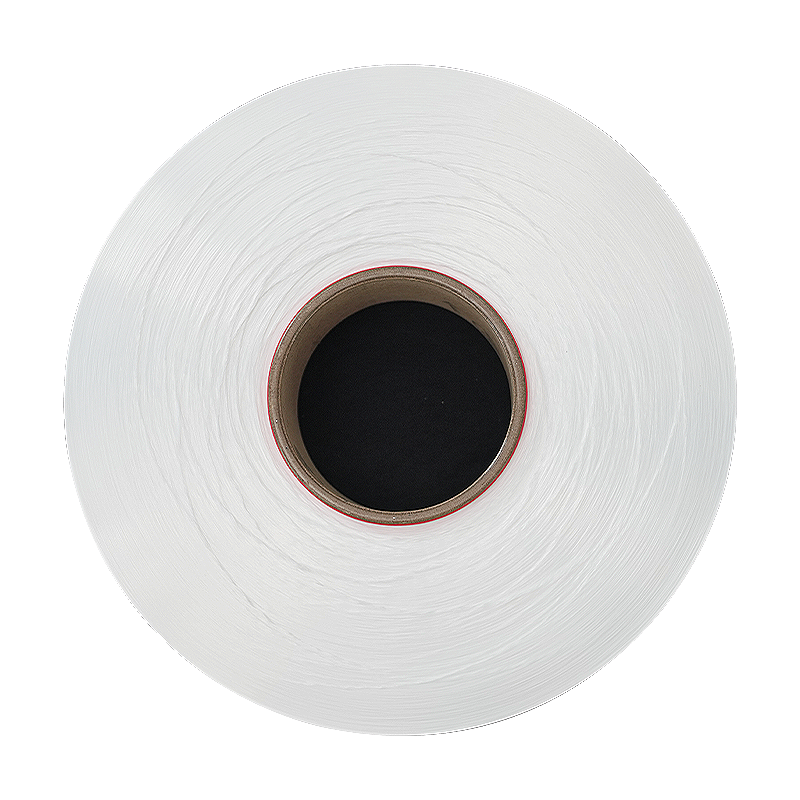
Fully stretched polyester blended yarn is made of a blend of polyester and nylon. Polyester itself has good wear resistance. After full stretch processing, the strength and softness of the yarn increa...
See Details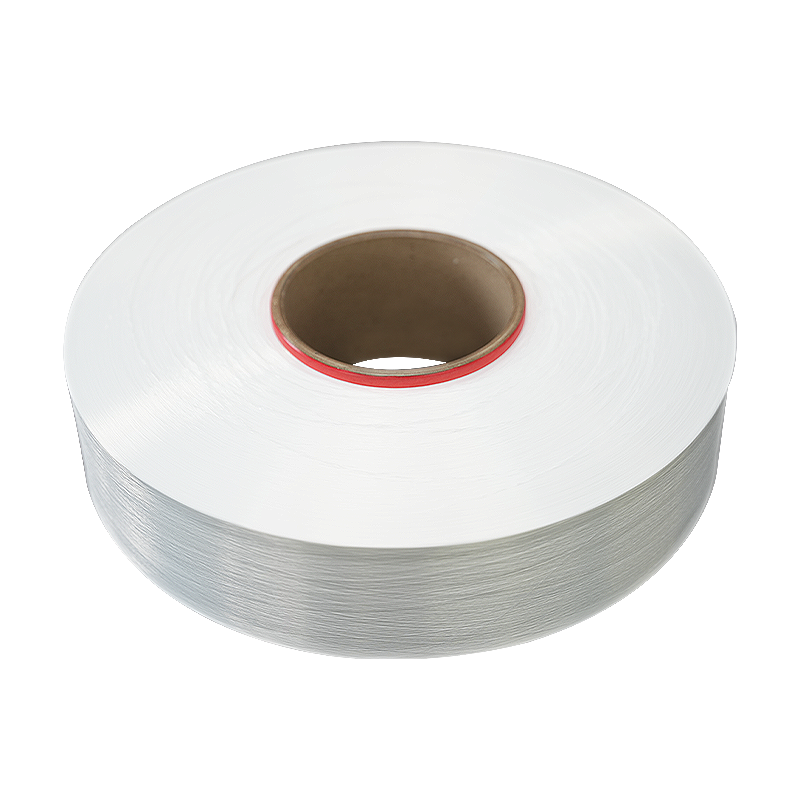
210D Permanent Cooling FDY Yarn is suitable for the manufacture of various textiles, such as sportswear, outdoor equipment, household items, etc. Textiles made of this material often have good breatha...
See Details
High shrinkage blended polyester yarn has a high shrinkage rate and is suitable for textile manufacturing that requires shrinkage treatment, such as making pleated fabrics or textile shaping. Because ...
See Details
Composite woven FDY yarn mixes different types of fibers and has good wear resistance. The fabric made is not easy to wear and is suitable for long-term use. Composite woven FDY yarn has a wide range ...
See Details
The fibers of 210D water-repellent yarn are relatively thick, making the yarn highly wear-resistant and durable, making it suitable for long-term use. Composite fiber enables yarn to have the advantag...
See DetailsAddress: Duntou industrial park, haian county, nantong city,jiangsu province ,China.
TEL: +86 15850491859
E-mail: sales-betty@hsnylon.com
If You Are Interested In Our Products, Please Consult Us